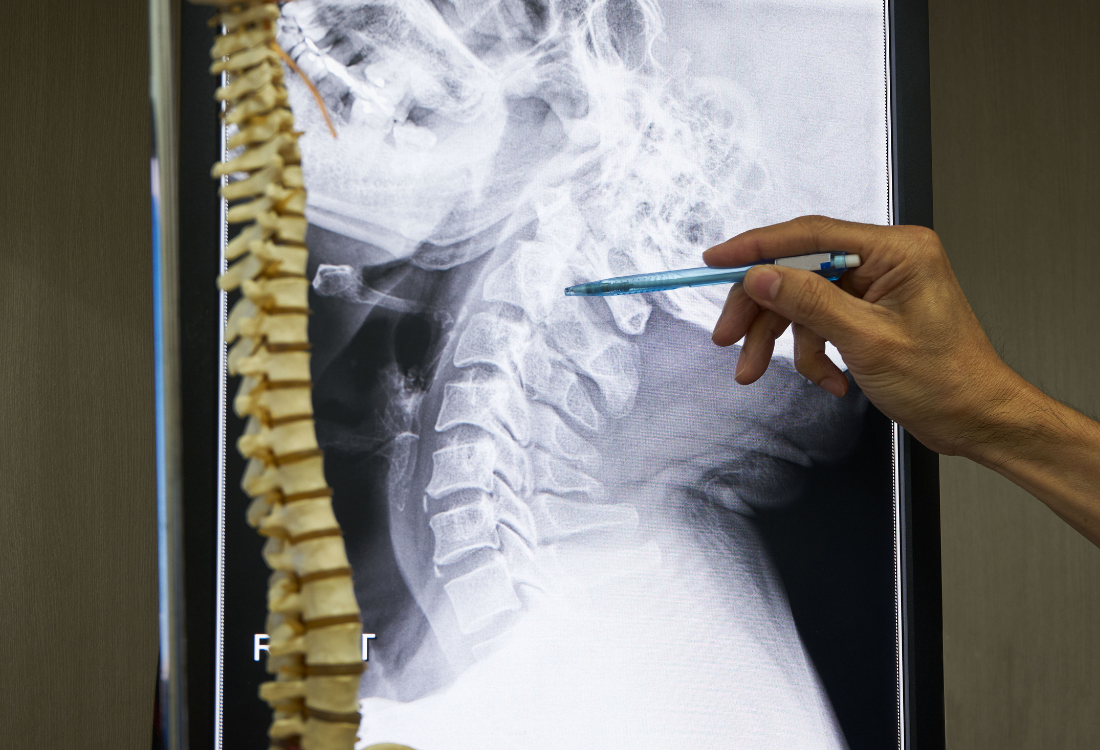What is a Neurosurgeon?

A Neurosurgeon specialises in diagnosing, treating, and performing surgical procedures related to the brain, spine, and nervous system. Their primary goal is to improve or restore neurological function for their patients.
What Conditions Do Neurosurgeons Treat?
Neurosurgeons manage conditions such as brain tumours, cerebrovascular diseases, chronic back pain, head and brain injuries, spine and spinal cord trauma, and neurological disorders like Parkinson’s and epilepsy.
How Do Neurosurgeons Work with Red Health?
All Medical Experts on the Red Health Referral Network can provide medico-legal opinion on conditions common to their specialty and will be able to provide extensive and expert opinion on their selected special interests. Clients of Red Health have access to our Neurosurgeon’s special interests, and our full list of available Medical Experts.
Red Health doesn’t offer appointments with our Referral Network Neurosurgeons for treatment – appointments with Red Health are only for providing medico-legal reports.
What Subspecialties Do Neurosurgeons Specialise In?
Neurosurgery encompasses many areas of expertise, and most Neurosurgeons choose to specialise further in areas they have a particular interest in, such as:
- Paediatric Neurosurgery
- Spine Surgery
- Neurostimulation
- Chronic Pain
- Migraines
- Trigeminal Neuralgia
- Brain and Spine Trauma
- Neuro-oncology
What Matters and Conditions Can Neurosurgeons Assess?

Matters
Our clients regularly engage Neurosurgeons from the Red Health Referral Network to provide medical opinion in claims relating to Motor Vehicle Accidents (MVA), Compulsory Third-Party Insurance (CTP), Total and Permanent Disability (TPD), Workers’ Compensation (WC), Public Liability (PL), Incapacity and Permanent Impairment, and Medical Negligence.
Conditions
Neurosurgeons are often required to give their medical opinion on all aspects related to their specialty in neurosurgery. This includes and is not limited to:
- Brain and Spine trauma-related injuries
- Degenerative spinal conditions
- Brain and spinal tumours
- Neuralgia and neuropathic pain
- Chronic back and neck pain
- Disc replacement and fusion surgery
Medico-Legal FAQ for Neurosurgeons
Can I consult a Neurosurgeon via Red Health for treatment?
No, Red Health facilitates a specialised assessment with Neurosurgeons for medico-legal opinions only, producing reports for matters as referred by law firms, insurance companies and more. For treatment purposes, please attend upon your General Practitioner for guidance.
Could an IME opinion from a Neurosurgeon differ from my GP?
Yes, IME opinion can be different from a treating practitioner. When an IME (Independent Medical Examination) medical opinion differs from that of a treating practitioner, it may surprise someone with a legal or insurance claim relating to injury or illness. To understand why, read our article here.
What distinguishes a Neurosurgeon from a Neurologist in medico-legal cases?
Neurosurgeons and Neurologists both deeply care for the nervous system. However, while Neurosurgeons are trained in surgical interventions, Neurologists excel in diagnosing and medically managing neurological disorders. In medico-legal matters, a Neurosurgeon might be consulted for surgical insights, whereas a Neurologist offers opinions on diagnosis and progression.
How long does a medico-legal consultation with a Neurosurgeon typically last?
Depending on the case’s complexity and the depth required for the report, an IME consultation can range from 60 minutes to 2 hours. Providing all relevant medical records and documents beforehand ensures the examinee will receive a detailed assessment.
Education, Certification, and Training for Neurosurgeons

For a Neurosurgeon to provide their independent medical opinion as a medical expert witness, they must have adequate clinical experience and a working knowledge of relevant guidelines, legislation and methodology used in this practice area. Many accreditations and training courses are available to Neurosurgeons to support them in developing the additional skills required to become a medical expert witnesses. Medical experts must be accredited for some referrals before providing assessments or commenting on areas such as permanent impairment.
Common Neurosurgeon acronyms explained:
FRACS
Fellow of the Royal Australasian College of Surgeons
MD
Doctor of Medicine
MBChB
Bachelor of Medicine and Bachelor of Surgery
MBBS
Bachelor of Medicine, Bachelor of Surgery
PhD
Doctorate
MS
Master of Surgery
FRCS in Neurological Surgery
Fellow of the Royal Australasian College of Surgeons in Neurological Surgery

